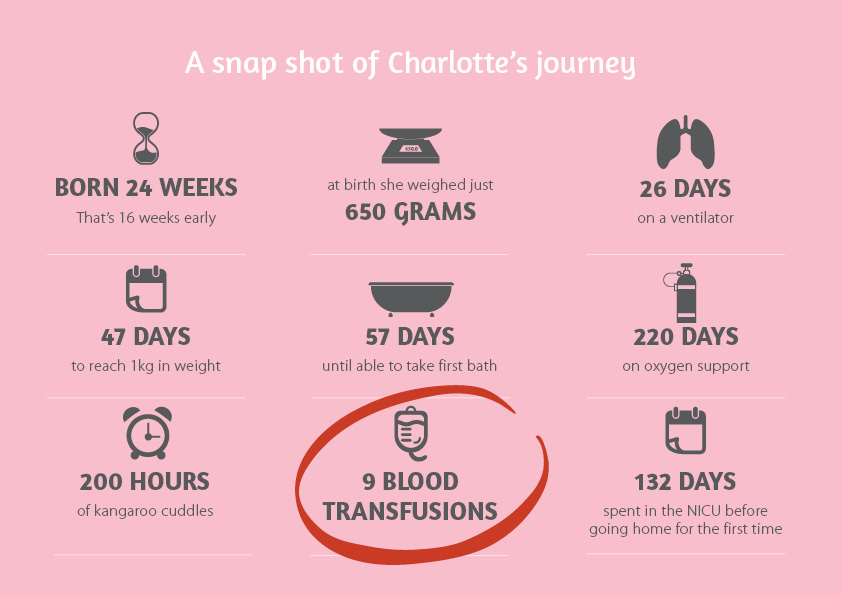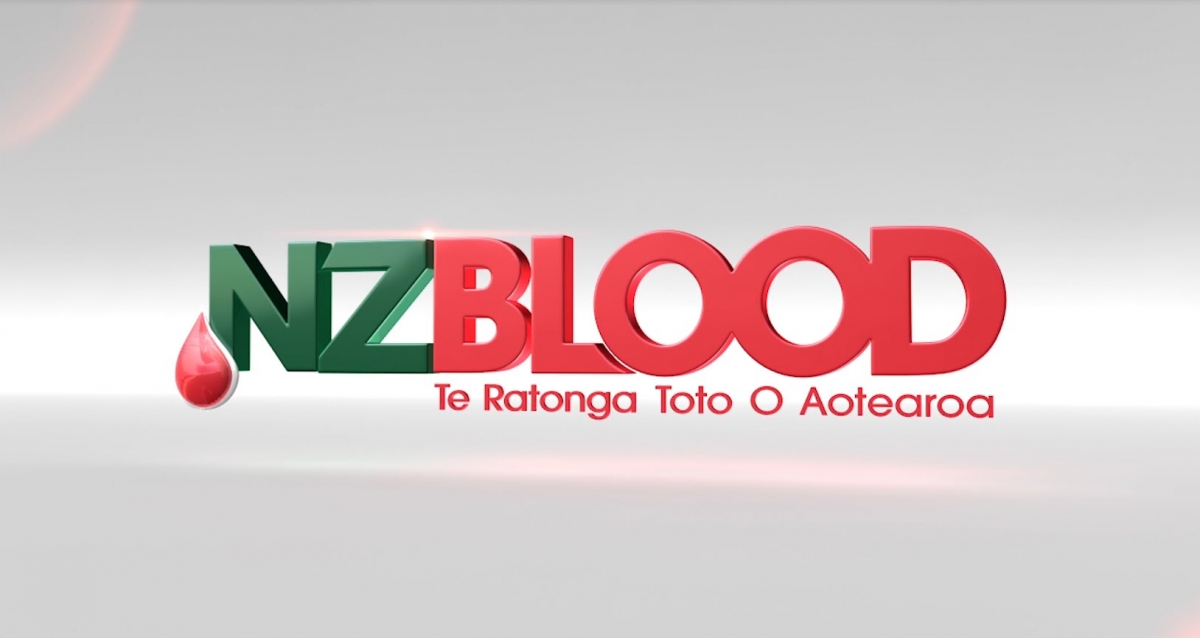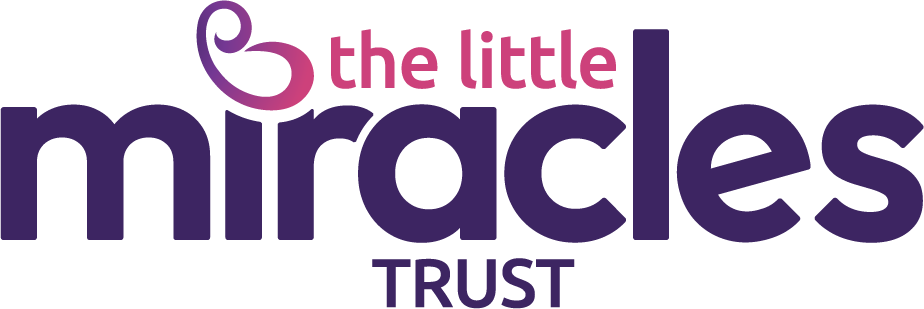This time last year, Nitin and Lauren Khare were hoping their newborn would make it through her first week. To celebrate her first birthday is a miracle – a miracle brought about by blood donors.
During the first seven days of Isobelle’s life, she required nine units of paediatric red cells,10 units of paediatric plasma and four units of paediatric platelets. “Without those, there is zero chance she’d be here today,” Lauren said. “I had the perfect pregnancy, read all the books, had the vitamins, I was like mother of the year. And then, in two hours, this happens and your child is in intensive care and you don’t think they are going to make it through the night.” It was complications in the birth which resulted in Isobelle losing about 600ml of blood, Lauren said. “For a baby to lose that much – it’s massive.”
Isobelle was given the universal blood type O negative for the first 12 hours, as there was no time to check her blood type. “She wasn’t stable enough to take blood from her to be able to test it, let alone enough time to wait for her blood type to come back [from the lab].
To read the full story, head to the stuff.co.nz article here.
********************************************
Blood critical for many neonatal journeys
The journey of Isobelle shows the importance of blood for many neonatal journeys. Blood transfusion is a standard part of care for almost all extremely premature babies, so we are completely reliant on the generosity of Kiwi blood donors to keep our NICU babies well.”
The graphic below was used in our article on NZ Bloods ‘Missing Type’ campaign (You can read the full article here). The image shows some key statistics for one neonatal journey – nine blood transfusions were required.
Blood transfusions are a critical part of the care of many babies undergoing intensive care – both premature and also full-term babies with specialist medical and surgical needs.


About New Zealand Blood Service:
New Zealand Blood Service (NZBS) in a not-for-profit Crown entity responsible for the collection, processing, testing and storage and distribution of all blood and blood products in New Zealand.
The need for donors is constant – they must collect around 3,000 donations every week nationally and are always working to maintain and grow our register of donors to make this possible.
Blood Groups
• This campaign focuses on A and O blood types because they make up the vast majority of New Zealand (85%), which means they’re the blood types that are most in demand.
• AB and B blood groups are relatively uncommon which means there is less demand for them.
Eligibility
• Donors must meet the donor eligibility criteria to donate blood in NZ.
• This can be found on the website at www.nzblood.co.nz

